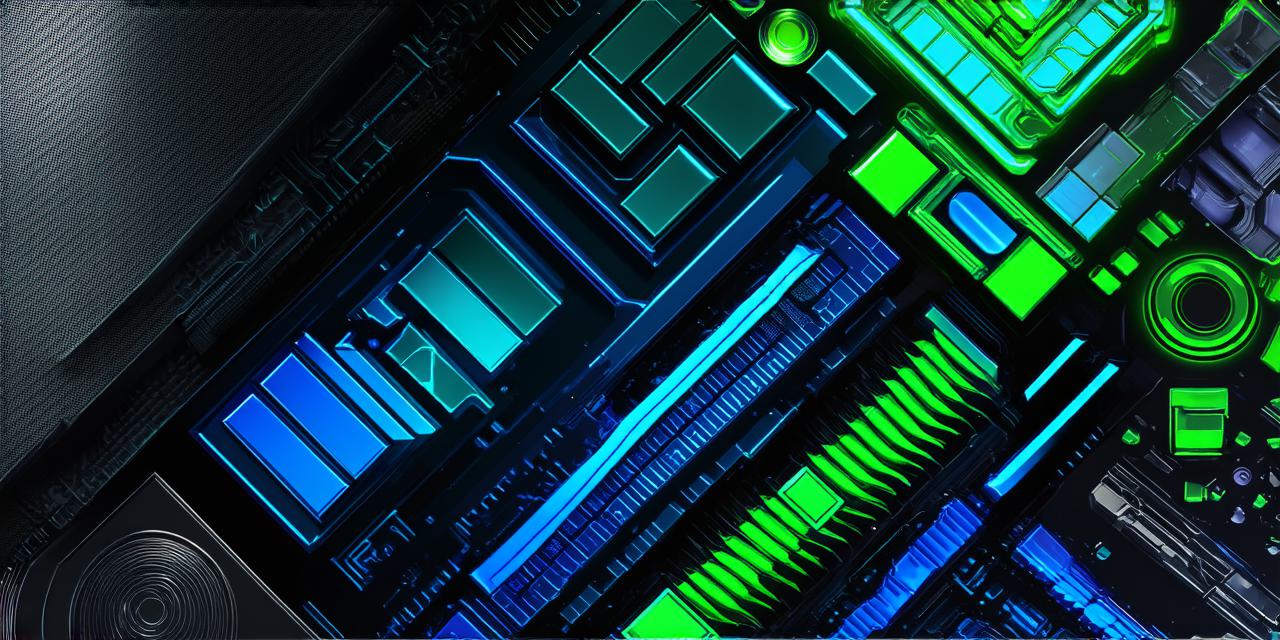As technology continues to advance, many people are wondering if artificial intelligence (AI) will eventually replace web developers. While AI has already made significant contributions to other areas of tech, such as data analysis and customer service, its impact on web development remains uncertain. In this article, we’ll explore the potential implications of AI in web development and examine some real-life examples to help you understand how it might shape the future of your profession.
The Rise of AI in Web Development
AI has already made significant strides in other areas of tech, but what about web development? While there are currently no fully autonomous web developers, AI is being used more and more to automate certain tasks. For example, AI chatbots can now handle a wide range of customer service functions, such as answering frequently asked questions (FAQs), providing personalized recommendations, and even resolving simple issues.
In addition, AI-powered tools are increasingly being used to optimize websites for search engines (SEO). These tools use machine learning algorithms to analyze website data and provide recommendations on how to improve the site’s visibility in search results. This can be especially useful for small businesses that may not have the resources or expertise to manage their SEO efforts themselves.
AI is also being used to generate content, such as blog posts and articles. These AI-generated articles are often indistinguishable from those written by humans, but they are created much more quickly and at a lower cost. While this may not directly replace human web developers, it could potentially reduce the demand for their services in the future.
The Impact on Web Developers

While AI is certainly changing the way we work, it’s important to note that it is not a replacement for human skills and expertise. In fact, many of the tasks that AI can automate are the very ones that require a high level of technical skill and creativity. For example, while AI-powered tools can analyze website data and provide recommendations, they cannot replace the human touch that is so important in creating a truly engaging and effective website.
That being said, it’s clear that AI will continue to have an impact on web development in the years to come. As AI technology continues to improve, it may be able to take on more complex tasks, such as designing and coding websites from scratch. This could potentially make some aspects of web development faster and cheaper, but it would also require a significant shift in the way we think about the role of web developers.
Real-Life Examples
To better understand how AI is currently impacting web development, let’s take a look at some real-life examples. One company that has been using AI to optimize websites for search engines is Wix. Wix uses machine learning algorithms to analyze website data and provide recommendations on how to improve the site’s visibility in search results. This allows small businesses to focus on other aspects of their business, such as product development or customer service, without having to worry about SEO.
Another example is the use of AI-powered chatbots for customer service. Many companies are now using chatbots to handle a wide range of customer service functions, from answering FAQs to resolving simple issues. This not only saves time and money for the company, but it also improves the customer experience by providing fast and accurate responses to their inquiries.
Finally, there are examples of AI-generated content. One company that specializes in creating AI-generated articles is Contentful. While these articles are often indistinguishable from those written by humans, they are created much more quickly and at a lower cost. This could potentially reduce the demand for human web developers to create content for websites.
The Future of Web Development
As AI technology continues to improve, it’s likely that we will see even more automation in web development in the future. However, as mentioned earlier, this does not mean that web developers will be replaced entirely.
